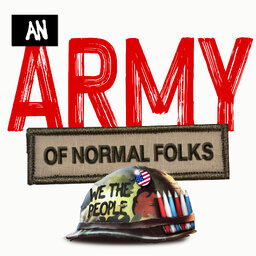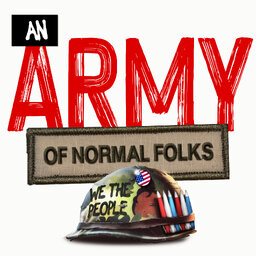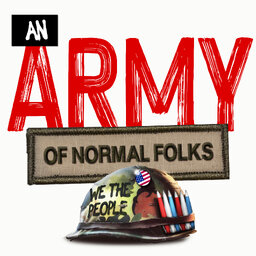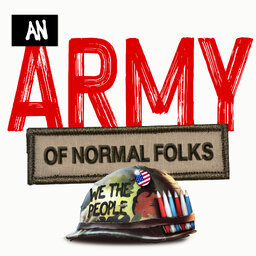As My Grandma Was Dying
She taught me a whole lot about grace. For our latest “Shop Talk”, Coach Bill pays tribute to his Gram.
In 1 playlist(s)
An Army of Normal Folks
Our country’s problems will never be solved by a bunch of fancy people in nice suits talking big wor…Social links
Follow podcast
Recent clips

What Happens When You See the Person Everyone Else Ignores
13:15

How to Turn Your Spending Into Someone's Second Chance. Or First Chance (Pt 1)
33:45

How to Turn Your Spending Into Someone's Second Chance. Or First Chance (Pt 2)
1:14:58
 An Army of Normal Folks
An Army of Normal Folks